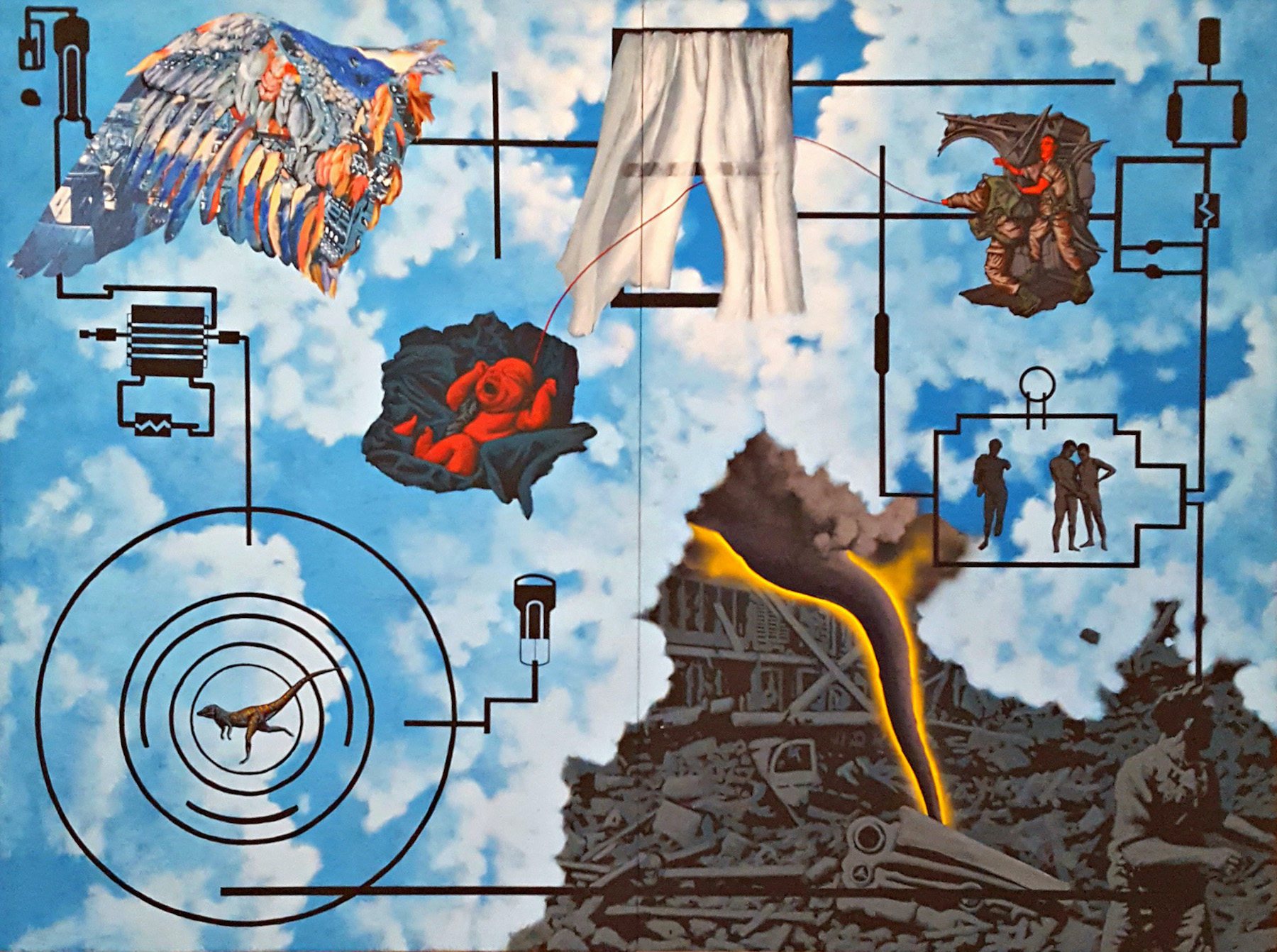Narrative Art as a Route to Self-Knowledge and Self-Development
DOI:
https://doi.org/10.58519/aesthinv.v3i1.11955Keywords:
truth, literatureAbstract
Debates about whether works of art can serve as a source of knowledge about the world or whether they can promote other-understanding have been common in contemporary aesthetics and philosophy of art. However, little has been written on the effects that art has on cultivating self-knowledge and self-development. While for most of us it seems obvious that art has these effects, little is known about how and why these effects occur. Addressing this issue is the main aim of the present paper. The gist of the argument is that narrative art, understood as a mental simulation gives us a unique opportunity to adopt a dual (first and third) perspective on the self, which is argued recently by psychologists and philosophers of mind to be necessary for obtaining the kind of self-knowledge that leads to self-change.
Downloads
Published
Issue
Section
License

This work is licensed under a Creative Commons Attribution 4.0 International License.
Authors who publish with this journal agree to the following terms:
Authors retain copyright and grant the journal right of first publication with the work simultaneously licensed under a Creative Commons Attribution License that allows others to share the work with an acknowledgement of the work's authorship and initial publication in this journal. Note: up to volume 4 issue 1, an incorrect copyright line appears in the PDFs of the articles.
Authors are able to enter into separate, additional contractual arrangements for the non-exclusive distribution of the journal's published version of the work (e.g., post it to an institutional repository or publish it in a book), with an acknowledgement of its initial publication in this journal.
Authors are permitted and encouraged to post their work online (e.g., in institutional repositories or on their website) prior to and during the submission process, as it can lead to productive exchanges, as well as earlier and greater citation of published work (See The Effect of Open Access).






